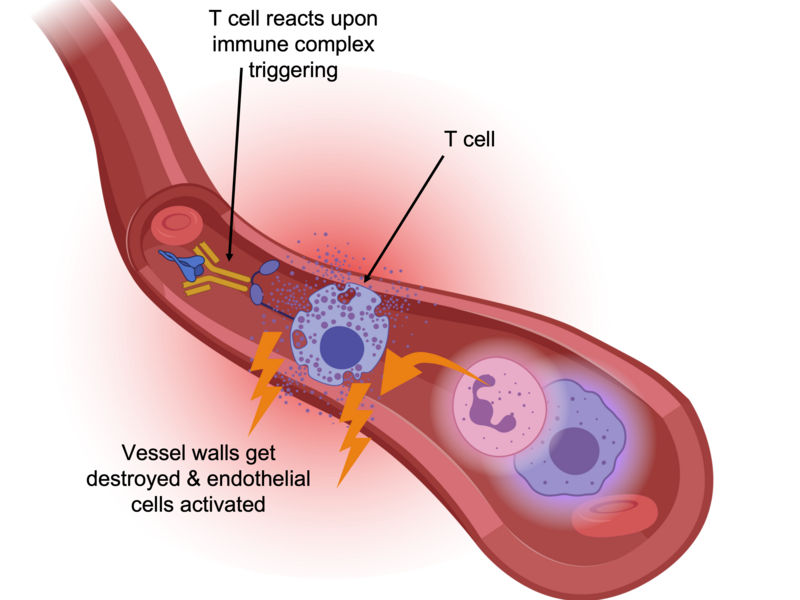Autoimmune Disease Linked to Estrogen Deficiency
Estrogen may have a new purpose in treating or preventing certain types of autoimmune disease, according to a new study
Advertisement
autoimmune diseases, like Sjogren's syndrome, are much more prevalent in women than men. This suggests that estrogen probably plays an important role in the disease; however, no definitive link has yet been found.
Jan-Ake Gustafsson and colleagues now report that estrogen-deficient mice develop an autoimmune disease that resembles Sjogren 's syndrome. To investigate the possible role of estrogen in such diseases, the researchers examined genetically engineered mice that lacked aromatase - an enzyme that helps make estrogen.
The ARKO mice showed increased production of certain immune cells, increased numbers of white blood cells in the salivary glands, renal damage, and had detectable levels of autoantibodies in their blood serum. All of these measures resembled those found clinically in human cases of Sjogren's.
Furthermore, when normal mice were raised on a phytoestrogen-free diet, they developed similar but milder symptoms. These findings demonstrate that estrogen deficiency may be an important factor in the development of Sjogren's syndrome. The authors suggest that estrogen may be useful in treating or preventing this disease.
Published in PNAS Online week 33-2004
"Aromatase deficient mice spontaneously develop a lymphoproliferative autoimmune disease resembling Sjogren's Syndrome," by Gil-Jin Shim, Margaret Warner, Hyun-Jin Kim, Sandra Andersson, Linigh Liu, Jenny Ekman, Otabek Imamov, Margaret E. Jones, Evan R. Simpson, and Jan-Ake Gustafsson.
Most read news
Organizations
Other news from the department science

Get the life science industry in your inbox
By submitting this form you agree that LUMITOS AG will send you the newsletter(s) selected above by email. Your data will not be passed on to third parties. Your data will be stored and processed in accordance with our data protection regulations. LUMITOS may contact you by email for the purpose of advertising or market and opinion surveys. You can revoke your consent at any time without giving reasons to LUMITOS AG, Ernst-Augustin-Str. 2, 12489 Berlin, Germany or by e-mail at revoke@lumitos.com with effect for the future. In addition, each email contains a link to unsubscribe from the corresponding newsletter.





















































